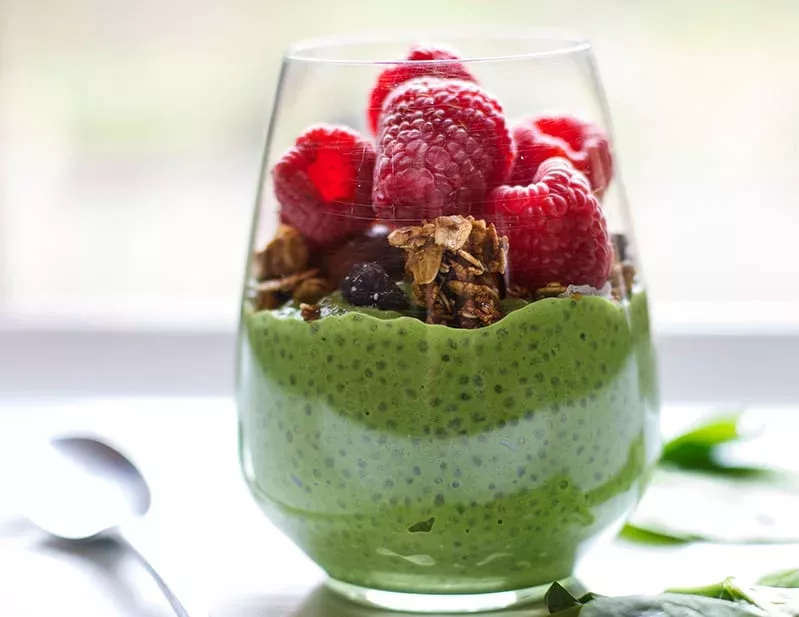
Ask the Nutritionist: Seasonal Allergies
by Dr. Kelley Garrison
Licensed Naturopath at Foothills Naturopathic
“Is there anything I can change with my diet to help with my seasonal allergies?”
If you suffer from seasonal (or chronic) allergies, the spring and summer months may be your least enjoyable time of the year. As the flowers bloom and the grasses grow, your ears, nose and eyes keep you inside. However, there are a few things you can do via diet that may help you get back outside during the summer months and maybe even save some money on over-the-counter antihistamines.
Eat a Whole Foods Diet
By eliminating processed foods and eating a diet rich in quality grass-fed meats, wild-caught seafood, fruits, vegetables, whole grains, beans, legumes, nuts, and seeds, your diet will help reduce inflammation and histamine production. The benefits don’t stop there! Many people are sensitive to food additives such as sulfites, MSG, food coloring, and added sugars, all of which may contribute to allergic symptoms. By switching to a whole foods diet like the Mediterranean Diet, Anti-Inflammatory Diet, Whole30, or Paleo, you will naturally reduce the consumption of these additives.
Dietitian Tip: No matter what whole foods-based diet you choose, aim for at least six servings of veggies per day and two servings of fruit. One serving is equal to: 1 cup of leafy greens, ½ cup hardy veggies, 1 cup diced melon or berries, and 1 medium piece of fruit.
Increase Foods Rich in Magnesium
Did you know that more than two-thirds of Americans consume less than the daily recommended amount of magnesium? Magnesium is a mineral that is required in over 300 enzymatic reactions, including histamine metabolism. It is found in whole grains, beans and legumes, nuts and seeds, and leafy greens. Pumpkin seeds are one of the richest sources of magnesium. Other big superstars include quinoa, chia, flax, almonds, dark chocolate, oatmeal, and spinach. Aim to eat three servings of magnesium-rich food daily to ensure adequate intake.
Dietitian Tip: You may also consider an additional magnesium supplement of 200 mg of magnesium glycinate per day and note any reduction of symptoms. Discuss this with your health care provider.
Increase Foods Rich in Vitamin C
Vitamin C helps prevent mast cells from releasing histamine during inflammatory and allergic reactions. As with magnesium, many Americans are not getting adequate vitamin C via their diet. Foods rich in vitamin C include papaya, raw bell pepper and broccoli, strawberries, citrus fruit, and cantaloupe. Aim for at least two servings of vitamin C-rich fruit or veggies per day.
Dietitian Tip: Camu Camu is a supplemental powder and can be a great adjunct to a whole foods diet rich in fruits and vegetables. One teaspoon of Camu Camu powder provides approximately 680 mg vitamin C (760%). I suggest mixing Camu Camu powder in smoothies or juices for best tolerance.
Eat Fermented Foods
Many research studies have looked at the effect of various probiotic strains in patients with chronic or seasonal allergies. In most studies, probiotics have been found to significantly reduce symptoms. This is not surprising, as gut dysbiosis (imbalance of good and bad bacteria) can contribute to both environmental allergies (pollen, grass, dander, etc.) and food sensitivities. Nancy’s yogurts and kefirs, and Good Belly and Kevita Probiotic beverages all provide therapeutic probiotic strains via food.
Dietitian Tip: Try a probiotic for 2–3 months to see if you note improvement. Choose one with one or more of the following researched strains: Bifidobacterium longum BB536, L. salivarius PM A0006, Lactobacillus johnsonii EM1, or L. paracasei HF A00232. Discuss this with your health care provider for product suggestions.
Check Your Vitamin D Status
The prevalence of vitamin D deficiency is significantly higher in individuals with allergic rhinitis. In latitudes above the 40th parallel north, vitamin D production via the sun is insufficient between the months of November through March. Also, sunblock with an SPF factor of 10 reduces vitamin D production by 90%. Therefore, many individuals in Whatcom County are at an increased risk of vitamin D deficiency.
Dietitian Tip: Ask your health care provider to test your vitamin D level annually and replace as needed. Aim for levels between 40-60 ng/mL. Linus Pauling Institute recommends that healthy adults supplement with 2000 IU daily.
Consider Food Elimination
If you have done all of the above without a reduction of your symptoms, look into possible food sensitivities. Work with a trained dietitian or certified nutritionist to help guide you through a 4–6 week elimination diet excluding the most common symptom-evoking foods including dairy and wheat/gluten. A more comprehensive elimination diet may be utilized, if the elimination of gluten and dairy do not provide relief.